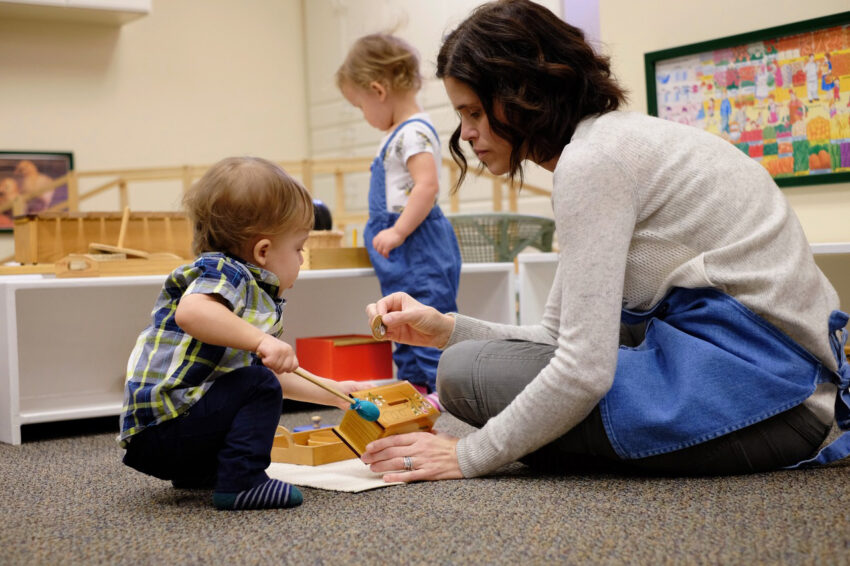The Power of Montessori Education: A Comprehensive Teaching Course for Educators
Montessori education is a unique and effective method of teaching that has gained recognition and popularity over the years. It focuses on nurturing a child’s natural curiosity and fostering independence, self-discipline, and a love for learning. To fully harness the power of Montessori education, educators can benefit from a comprehensive teaching course that equips them with the necessary knowledge and skills to implement this approach successfully.
Understanding Montessori Education
Montessori education is based on the principles and teachings of Dr. Maria Montessori, an Italian physician and educator. The approach emphasizes creating a prepared classroom environment that encourages exploration, self-expression, and hands-on learning. Montessori education believes in treating each child as an individual and tailoring the learning experience to their unique strengths and interests.
The Benefits of Montessori Education
Montessori education has numerous benefits for both students and educators. By embracing the Montessori philosophy, educators can create a positive and engaging learning environment that promotes intrinsic motivation and fosters a lifelong love for learning. Students learn at their own pace and develop critical thinking, problem-solving, and decision-making skills. The holistic approach of Montessori education also promotes social skills, emotional intelligence, and empathy.
Montessori Teaching Course: Unlocking the Power
To truly unlock the power of Montessori education, educators should consider completing a comprehensive teaching course dedicated to the Montessori method. These courses provide in-depth training and practical strategies that help educators implement the principles and practices of Montessori education effectively.
1. Introduction to Montessori Philosophy
An essential component of any Montessori teaching course is an introduction to the underlying philosophy behind Montessori education. This section explores the history, theory, and key principles that guide the methodology, such as the prepared environment, the role of the teacher, and the concept of self-directed learning.
2. Montessori Materials and Classroom Setup
The Montessori method relies on specific materials and classroom setups to facilitate learning. Educators in the teaching course gain a deep understanding of these materials and how they can be used to promote hands-on learning and exploration. Additionally, educators learn how to create a prepared environment that is conducive to independent learning and self-discovery.
3. Observing and Guiding Students
A crucial aspect of Montessori education is the role of the teacher as an observer and guide. Educators in the teaching course learn how to observe students’ behaviors, interests, and learning styles to tailor their teaching approach accordingly. They also acquire strategies for providing support and guidance while allowing students to develop independence and self-discipline.
4. Curriculum and Lesson Planning
In the Montessori teaching course, educators gain insights into Montessori curriculum frameworks and learn how to design engaging and developmentally appropriate lesson plans. This includes understanding the sequence of lessons, creating hands-on learning experiences, and integrating various subject areas to create a holistic learning environment.
5. Parent Communication and Engagement
Effective communication and partnership with parents are vital in Montessori education. Educators in the teaching course learn how to build positive relationships with parents, establish clear communication channels, and involve parents in their child’s educational journey. This collaboration enhances the overall learning experience and supports the child’s growth and development.
The power of Montessori education requires educators to equip themselves with a comprehensive teaching course specifically designed for the Montessori method. Through these courses, educators gain a thorough understanding of the Montessori philosophy, materials, classroom setup, and instructional strategies. By implementing the principles and practices of Montessori education, educators can create a nurturing and empowering learning environment that fosters a love for learning and helps students reach their full potential.
Nidhin
For More Details Call: +917510220582

